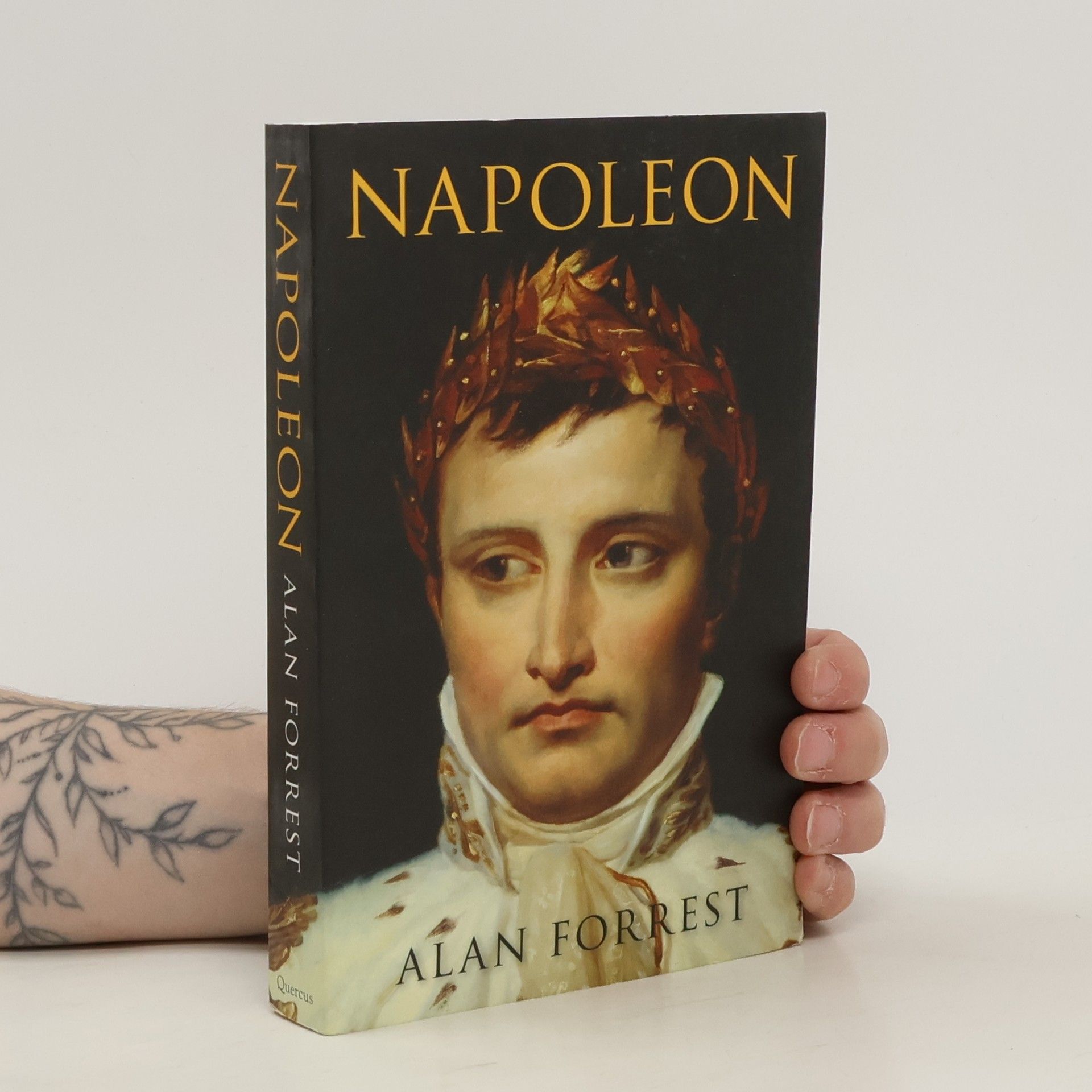The Legacy of the French Revolutionary Wars
The Nation-In-Arms in French Republican Memory
- 288 pages
- 11 hours of reading
Exploring the concept of national defense, the book delves into the French republican myth that emphasizes the necessity of citizens actively participating in the protection of their nation. It examines the implications of this belief on identity, citizenship, and the collective responsibility of individuals in safeguarding their homeland. Through historical and contemporary analysis, it highlights how this ideology shapes societal views on patriotism and civic duty.

